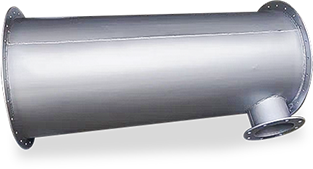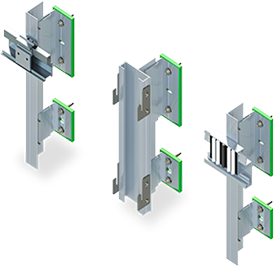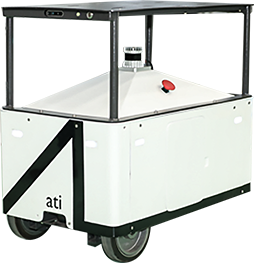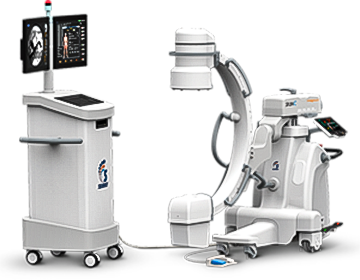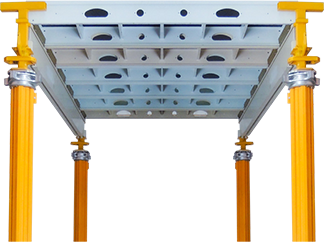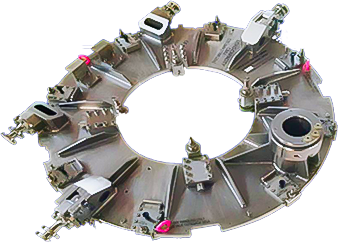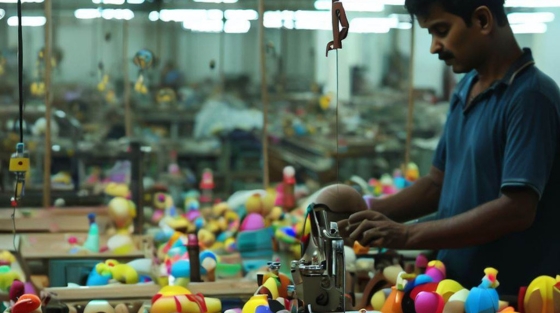
Toy manufacturers must prioritize the safety and durability of their products to comply with legal requirements and maintain customer trust and brand reputation. Achieving this requires meticulous planning and attention to detail throughout the entire production process.
This blog offers targeted guidance for customers looking for toy production and design, covering critical areas such as regulatory compliance, materials selection, product testing, and quality control measures. By adhering to these best practices, customers can reduce the likelihood of product recalls, safeguard customers, and establish a thriving toy manufacturing business.
Selecting Safe and Sustainable Materials for Toys
The safety and durability of toys heavily rely on the selection of materials. Manufacturers must carefully choose safe, non-toxic, and sturdy materials that comply with regulatory requirements and pose no harm to children’s health. They must consider various factors such as the age range of the target audience, the type of toy, and the intended use. For instance, toys for young children must be easy to clean and made of safe materials since young children tend to put toys in their mouths. On the other hand, toys for older children can use more advanced materials and manufacturing processes.
Manufacturers should also prioritize the environmental impact of the materials they use. The materials should be sustainable and eco-friendly, and the manufacturing process should minimize waste and energy consumption. Compatibility is also crucial in material selection as the materials must not react with each other, which can lead to product defects or harm to children. Lastly, manufacturers must consider the availability and cost of the materials they select to ensure a steady supply chain and meet production demands.
Regulatory Compliance for Toy Manufacturers
When it comes to toy manufacturing, regulatory compliance is crucial to ensure the safety of children. Here are some key considerations for regulatory compliance in toy manufacturing:
- Compliance with safety standards: Manufacturers must ensure that their toys comply with safety standards set by regulatory bodies such as the Bureau of Indian Standards (BIS) in India. These standards cover various aspects such as physical and mechanical properties, flammability, and chemical composition. Manufacturers should use safe materials such as non-toxic paints and coatings to prevent harm to children.
- Certification and licensing: Manufacturers must obtain certification from regulatory bodies such as BIS before selling their products in the market. In India, toy manufacturers must register with BIS and obtain a license to sell their products in the market.
- Compliance with labeling and packaging regulations: Manufacturers must comply with regulations governing the labeling and packaging of toys sold in the market. These regulations ensure that the information on the packaging is accurate and helpful for consumers to make informed decisions.
- Quality control: Manufacturers must ensure that their toys meet the required quality standards and are tested for compliance with safety regulations before being sold in the market.
- Keeping up with changing regulations: Manufacturers must stay up-to-date with changing regulations and adapt their manufacturing processes accordingly to ensure compliance.
Durability and Longevity: Key Considerations in Toy Design
Design is a critical consideration in toy manufacturing, as it can affect the toy’s safety, quality, and appeal. Here are some key design considerations that toy manufacturers need to keep in mind:
- Safety: Safety is a top priority in toy design. Manufacturers need to ensure that the toy does not pose any safety risks, such as sharp edges, small parts that could be swallowed, or materials that could be harmful if ingested.
- Durability: Toys need to be able to withstand regular use and play, so durability is an essential consideration in the design process. Manufacturers need to ensure that the toy is designed with materials and construction techniques that can withstand wear and tear.
- Functionality: The toy should be designed to function as intended and provide an enjoyable experience for the child. The design should take into consideration factors such as ease of use, interactivity, and educational value.
- Aesthetics: The visual appeal of the toy is also an important consideration, as it can influence a child’s desire to play with it. Manufacturers need to ensure that the toy is visually appealing, with bright colors, interesting shapes, and fun features.
Ensuring Toy Safety: Best Manufacturing and Testing Practices for Toy Manufacturers
Best manufacturing and testing practices in toy manufacturing involve ensuring product safety, quality, and compliance with relevant regulations. Here are some key practices:
- Compliance with Safety Standards: Toy manufacturers should adhere to applicable safety standards, such as those set by organizations like IS 9873:2019 & Bureau of Indian Standards (BIS), Compliance should cover aspects like material safety, mechanical and physical properties, flammability, and chemical content.
- Quality Control: Implement robust quality control processes to ensure consistency and reliability of toy production. This involves setting quality standards, conducting inspections at different stages of manufacturing, and performing rigorous testing to identify any defects or non-compliance.
- Materials Selection: Carefully choose materials that meet safety standards and are appropriate for the intended age group. Conduct thorough research and testing on materials, including paints, adhesives, and plastics, to ensure they do not contain harmful substances like lead, phthalates, or allergens.
- Design for Safety: Incorporate safety considerations into the toy’s design, such as avoiding sharp edges, ensuring secure construction, and preventing potential hazards like small detachable parts that could pose choking risks.
- Manufacturing Process Control: Implement strict controls and protocols throughout the manufacturing process to ensure consistent quality and safety. This includes proper calibration and maintenance of equipment, standardized procedures, and regular monitoring of production lines.
- Product Testing: Perform comprehensive testing of toys to assess their safety, durability, and functionality. This includes mechanical and physical testing, chemical analysis, and age-appropriate testing for factors like impact resistance, choking hazards, and electrical safety.
- Age-appropriate Design: Design toys with consideration for the target age group’s physical, cognitive, and emotional development. Ensure that the toy’s features, size, and complexity align with the abilities and safety requirements of the intended age range.
- Traceability and Documentation: Maintain detailed records of materials used, manufacturing processes, and testing results. This helps ensure traceability, facilitates recalls if necessary, and provides documentation for compliance purposes.
- Continuous Improvement: Establish processes for gathering feedback, monitoring customer satisfaction, and learning from any incidents or product issues. Implement a system for continuous improvement to enhance product safety and quality.
- Supplier Evaluation: Conduct thorough assessments of suppliers to ensure they meet quality and safety standards. Regularly audit suppliers to verify their adherence to regulations and maintain a strong supply chain.
Navigate the Complexities of Toy Manufacturing with Karkhana.io
Designing and manufacturing toys that are safe and durable is a complex and challenging task for manufacturers. It requires careful attention to detail and a commitment to regulatory compliance, material selection, testing, and quality control. To achieve these goals, manufacturers must prioritize the safety and quality of their products throughout the entire production process. However, the path to success in toy manufacturing is not always clear, and there may be many variables to consider along the way.
Karkhana.io is a top-tier contract manufacturing service provider that specializes in toy manufacturing. With a vast network of trusted and verified suppliers, Karkhana.io offers end-to-end manufacturing solutions specifically tailored to the unique requirements of toy production. From material selection to quality control, our team of experts ensures that every aspect of the manufacturing process is executed to the highest standards while adhering to safety regulations and guidelines.
Karkhana.io’s in-house manufacturing expertise, combined with a rigorously vetted and certified supplier network, enables businesses to mitigate risks commonly associated with scaling up production, such as supply chain disruptions, quality control issues, and capacity constraints. Our flexible and scalable solutions cater to businesses of all sizes and can seamlessly transition from small-batch manufacturing to large volumes as demand increases.
If you are looking for a manufacturing partner for your toy manufacturing requirements, get started now by filling out the form below.




